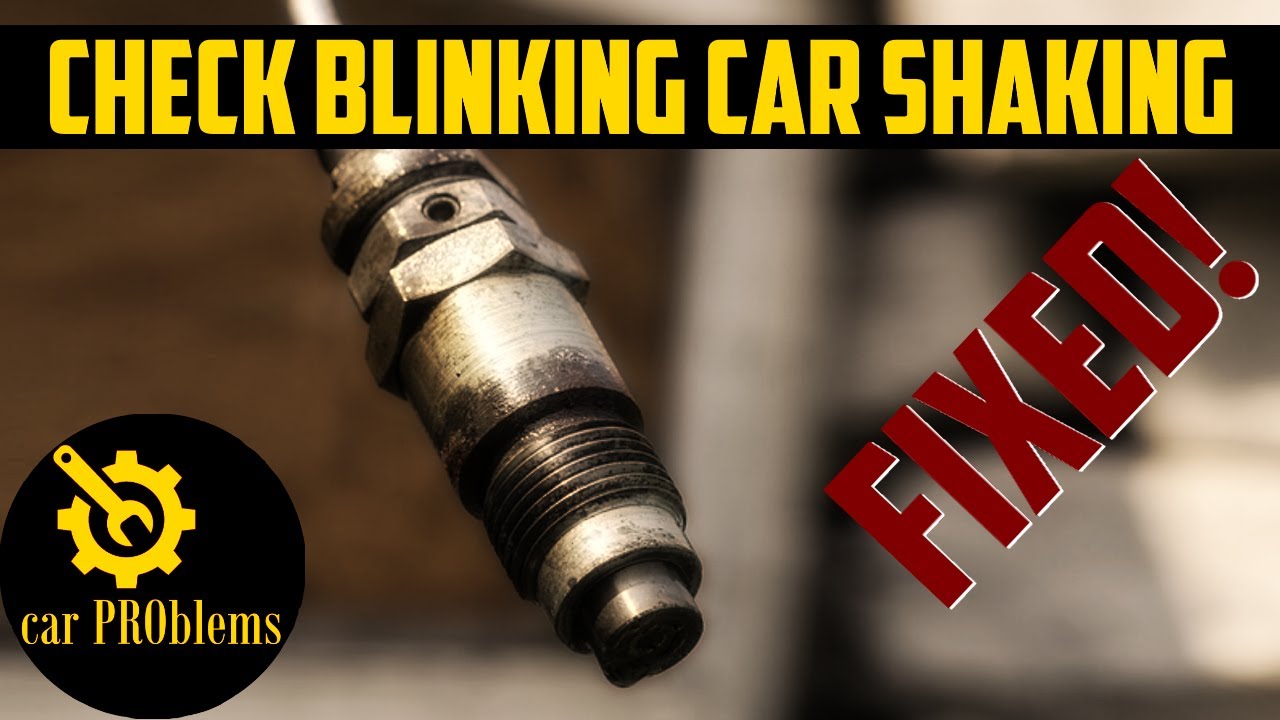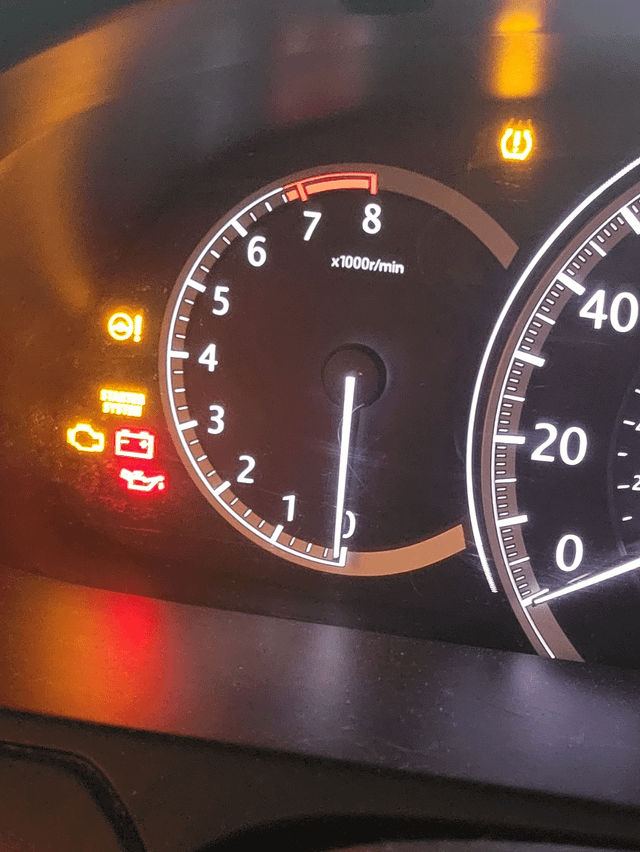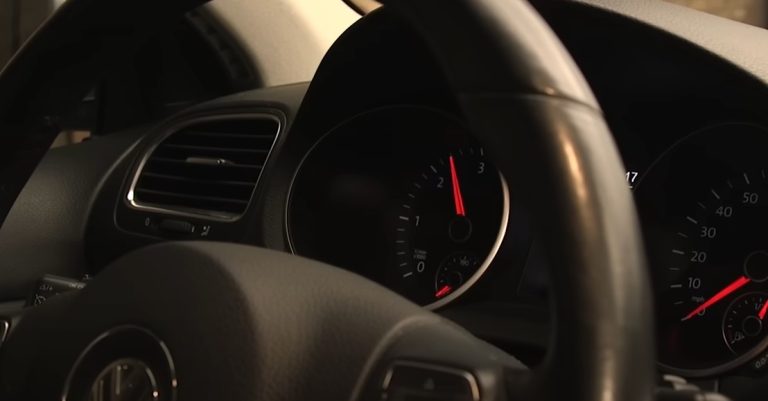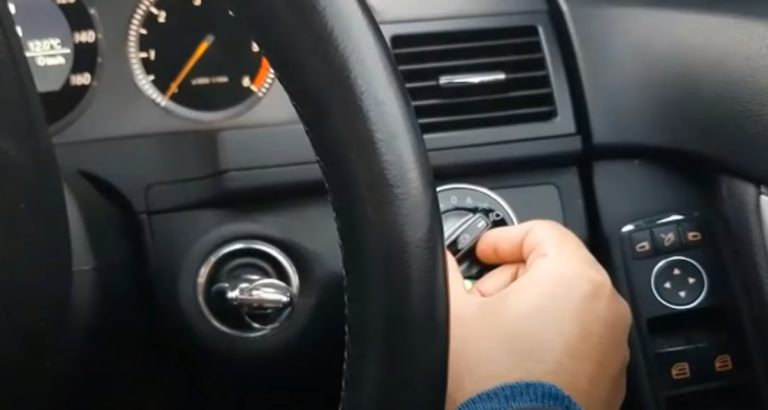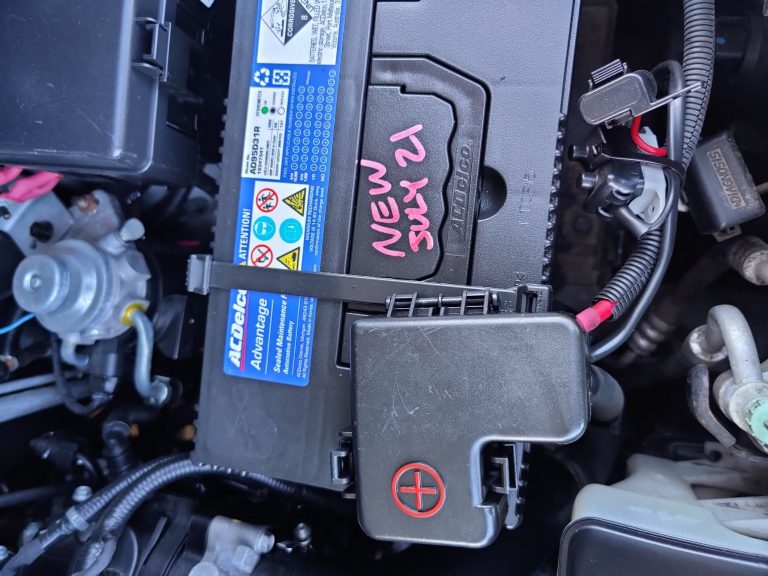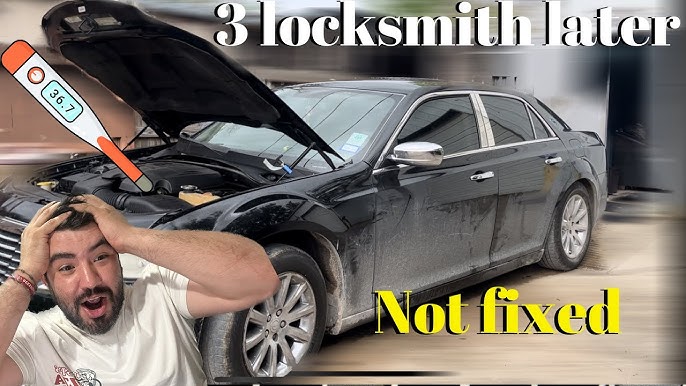Check Engine Light is on Car is Shaking: Causes & Quick Fixes
If your check engine light is on and the car is shaking, it often means engine misfires, faulty spark plugs, or fuel system issues. Ignoring it can cause damage. Have a mechanic diagnose and fix the problem quickly to restore smooth driving and prevent costly repairs.
When these two issues happen together, it means your vehicle is trying to tell you something important. You might feel worried or confused right now, but don’t panic. Understanding why this happens can save you time, money, and stress. Keep reading to discover the common causes and what you can do to fix the problem before it gets worse.
Your car’s health depends on it, and so does your safety.

Credit: www.wikihow.com
Check Engine Light is on Car is Shaking
Common Causes Of Engine Light And Shaking
The check engine light turning on while your car shakes signals a problem. Many issues can cause this. Understanding common causes helps you act fast. Some problems are easy to fix. Others may need a mechanic’s help.
Ignition System Issues
The ignition system starts your engine. Faulty spark plugs or wires can cause shaking. The engine may misfire and run rough. This triggers the check engine light. Replacing worn spark plugs often solves the issue. Ignition coil problems also cause similar symptoms.
Fuel System Problems
The fuel system delivers gas to the engine. A clogged fuel filter limits fuel flow. Low pressure causes the engine to shake. Dirty fuel injectors can also disrupt fuel delivery. The engine light turns on due to poor combustion. Cleaning or replacing parts restores smooth running.
Engine Misfires
Misfires happen when combustion is incomplete. The engine shakes and loses power. Causes include bad spark plugs or fuel issues. Sensors may detect the problem and light the engine warning. Misfires can damage the engine if ignored. Quick repair prevents further damage.
Vacuum Leaks
Vacuum leaks let extra air into the engine. This changes the air-fuel balance. The engine runs unevenly and shakes. The check engine light alerts you to the leak. Common leak spots are hoses and gaskets. Fixing leaks improves engine performance and smoothness.
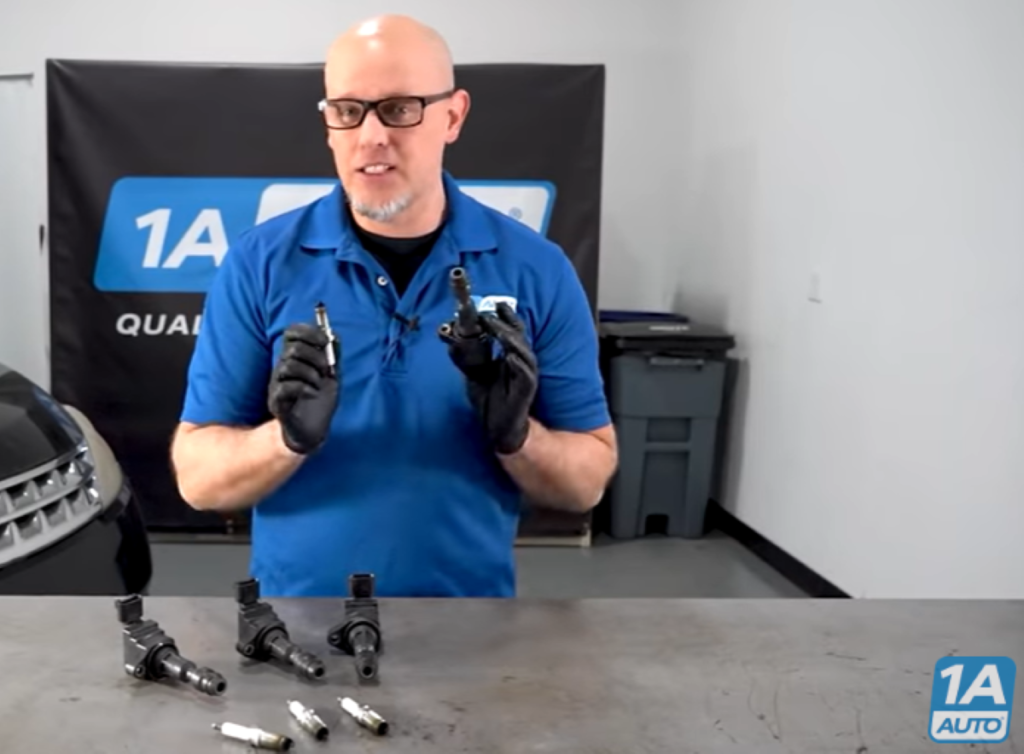
Credit: blog.1aauto.com
How Engine Sensors Affect Performance
Engine sensors play a key role in your car’s performance. They send data to the engine control unit (ECU). The ECU adjusts fuel, air, and spark to keep the engine running smoothly. When a sensor fails, it can cause rough idling, shaking, or a check engine light.
Understanding how these sensors work helps you see why your car may shake. Sensors detect changes in oxygen levels, air flow, and throttle position. Faulty sensors send wrong signals to the ECU. This makes the engine run poorly and triggers warning lights.
Read More : Car Seat Policy in California: Essential Rules Every Parent Must Know
Oxygen Sensor Malfunction
The oxygen sensor measures oxygen in the exhaust gases. It helps the ECU balance the air-fuel mix. A bad oxygen sensor causes too much or too little fuel to enter the engine. This leads to rough engine running and shaking. It can also increase emissions and reduce fuel efficiency.
Mass Airflow Sensor Issues
The mass airflow sensor measures the amount of air entering the engine. This data helps the ECU adjust fuel delivery. A dirty or faulty sensor can send wrong readings. The engine may run too rich or too lean. This causes poor performance and engine shaking, especially at idle or low speeds.
Throttle Position Sensor Problems
The throttle position sensor tracks the position of the gas pedal. It tells the ECU how much power you need. A malfunctioning sensor confuses the ECU. The engine may hesitate, stall, or shake. This sensor issue often triggers the check engine light and affects acceleration.
Diagnosing The Problem Quickly
When the check engine light turns on and the car starts shaking, quick diagnosis is crucial. Early detection can prevent bigger issues and save repair costs. Acting fast helps keep the car safe to drive and avoids breakdowns.
Using An Obd-ii Scanner
An OBD-II scanner reads the car’s error codes. These codes point to specific problems in the engine or other systems. Plug the scanner into the car’s port, usually under the dashboard. The scanner shows codes that explain why the light is on.
This tool helps identify issues like misfires or sensor failures. It saves time by narrowing down the problem area. Many auto parts stores offer free code scanning services.
Read more : Car Window Lubrication: Ultimate Guide to Smooth Operation
Visual Inspections
Look under the hood for visible problems. Check for loose wires, cracked hoses, or fluid leaks. Inspect the engine mounts for damage or wear. Broken mounts can cause shaking and trigger the check engine light.
Also, check the spark plugs and ignition coils. Dirty or worn parts can cause engine misfires. A simple visual check can reveal many common problems.
Listening For Unusual Noises
Turn on the engine and listen closely. Strange sounds can hint at the problem. Knocking or pinging noises may indicate engine knocking. Rattling sounds might mean loose parts or exhaust issues.
Pay attention to any changes in engine noise when accelerating or idling. These clues help pinpoint the cause of shaking and the check engine light.
Simple Fixes To Try At Home
The check engine light on and your car shaking can feel scary. Some issues are simple to fix at home. These fixes can save time and money before visiting a mechanic.
Try these easy steps to see if they solve the problem. Each step takes little time and uses basic tools. Always be careful and work in a safe place.
Replacing Spark Plugs
Old or dirty spark plugs cause engine misfires and shaking. Find the spark plugs under the engine cover. Use a spark plug socket to remove them. Check for black soot or wear on the plugs. Replace with new plugs that fit your car model. Tighten them gently and reconnect any wires.
Cleaning Fuel Injectors
Clogged fuel injectors reduce fuel flow and cause rough running. Use a fuel injector cleaner added to your gas tank. Drive the car for a few miles to let the cleaner work. This helps clear small blockages and improves engine performance. For heavy clogs, a professional cleaning may be needed.
Tightening Loose Connections
Loose wires or hoses can cause engine trouble and shaking. Check battery cables and engine wires for tightness. Gently push or twist connectors to ensure they fit well. Inspect vacuum hoses for cracks or loose ends. Secure any loose parts with clamps or ties. This simple check can fix many small problems.
When To Seek Professional Help
Knowing when to seek professional help is key for car safety and repair. A check engine light with shaking often signals a serious problem. Acting fast can prevent more damage and higher costs. Some signs mean it’s time to visit a mechanic without delay. This section highlights those key signs clearly.
Persistent Engine Light
If the check engine light stays on after driving, do not ignore it. The light means the car’s computer found a problem. A steady or flashing light shows the issue is ongoing. Continuing to drive may cause engine damage. A mechanic can run a diagnostic test. This helps find the exact cause and fix it right.
Severe Shaking Or Vibrations
Strong shaking or vibrations while driving is a serious sign. This can affect your control of the car and safety. It may come from engine misfire, bad spark plugs, or other faults. Shaking often gets worse over time. Stop driving and get professional help quickly. A mechanic can check engine mounts, tires, and more.
Failed Emissions Test
Failing an emissions test means the engine isn’t running clean. This often links with the check engine light and shaking. A bad catalytic converter or faulty sensors cause this problem. The car releases harmful gases and uses more fuel. A professional repair can fix emissions and improve engine health. Avoid driving too long with this issue.
Credit: www.reddit.com
Frequently Asked Questions
Why Is My Car Shaking When The Check Engine Light Is On?
A shaking car with the check engine light on often signals engine misfires or ignition issues.
Can A Faulty Spark Plug Cause Engine Shaking And Light On?
Yes, bad spark plugs can cause rough running, shaking, and trigger the check engine light.
How Soon Should I Fix A Shaking Car With Check Engine Light?
Fix it quickly to avoid bigger engine damage and ensure safe driving conditions.
- Check Engine Light is on Car is Shaking often signals engine misfire, fuel issues, or sensor failure.
- Ignoring the warning may lead to costly repairs and unsafe driving.
- Diagnose the problem quickly to restore smooth performance and prevent damage.
Conclusion
A check engine light and shaking car signal a problem. Ignoring these signs can cause bigger damage. Early action saves money and keeps you safe. Visit a trusted mechanic soon for a check-up. Understanding your car’s signals helps avoid surprises.
Stay alert, and don’t delay repairs. Your car runs better when you act fast. Simple steps keep your ride smooth and safe.

